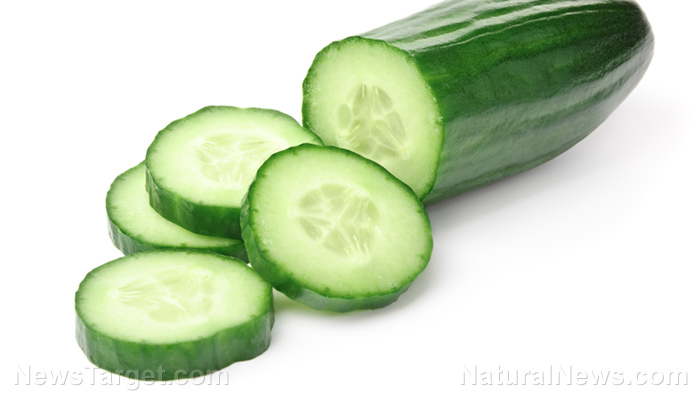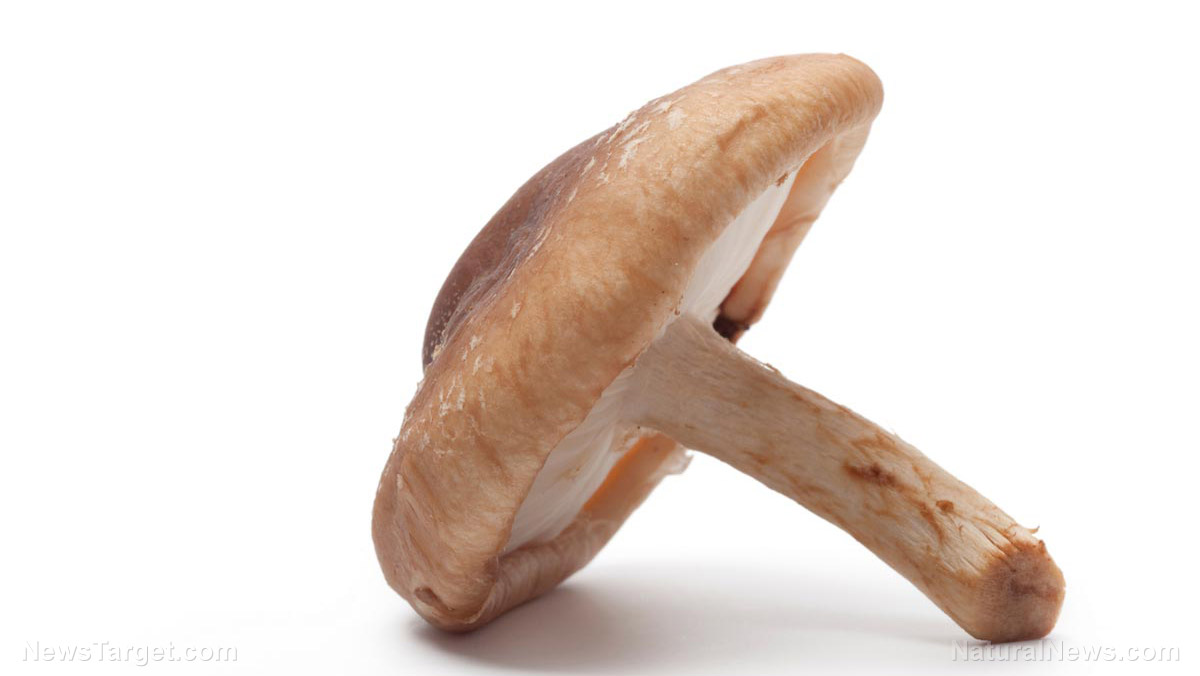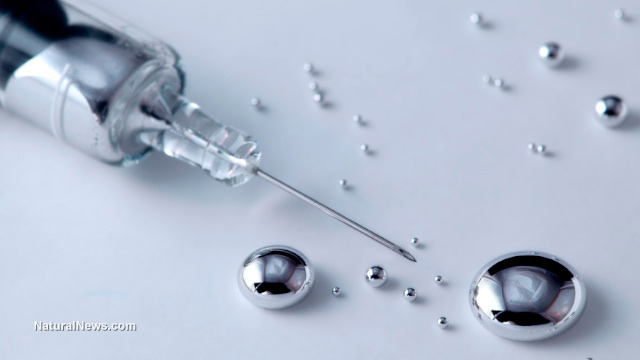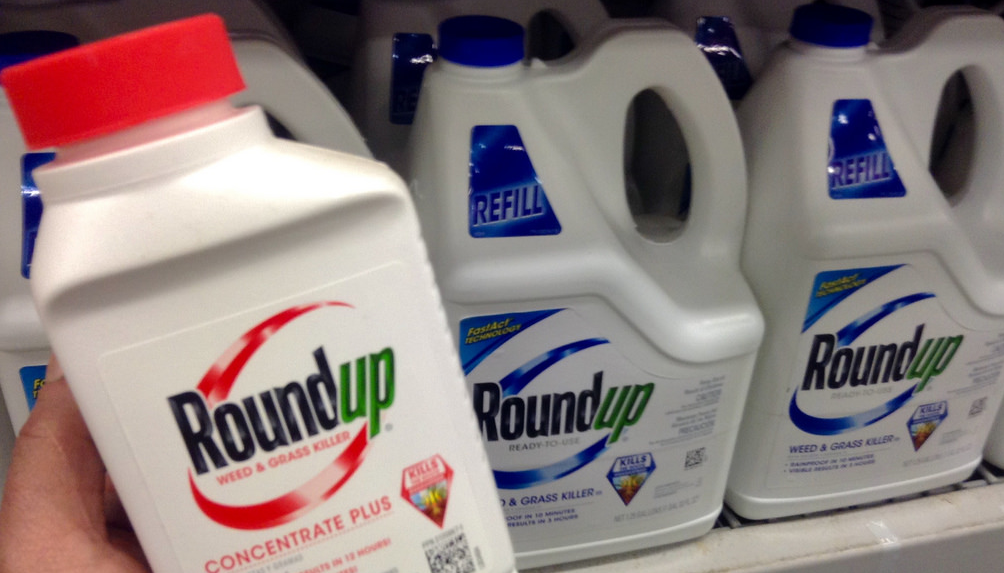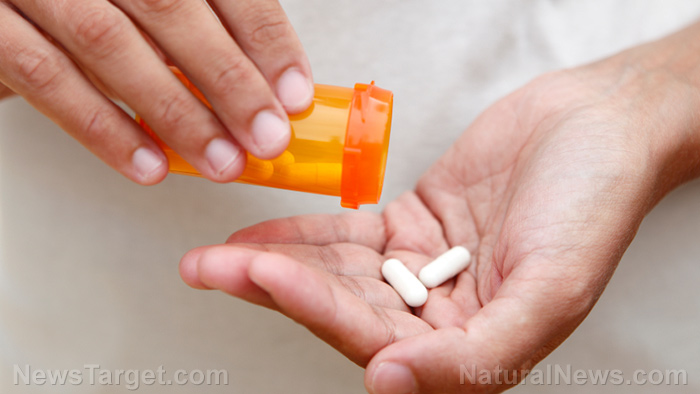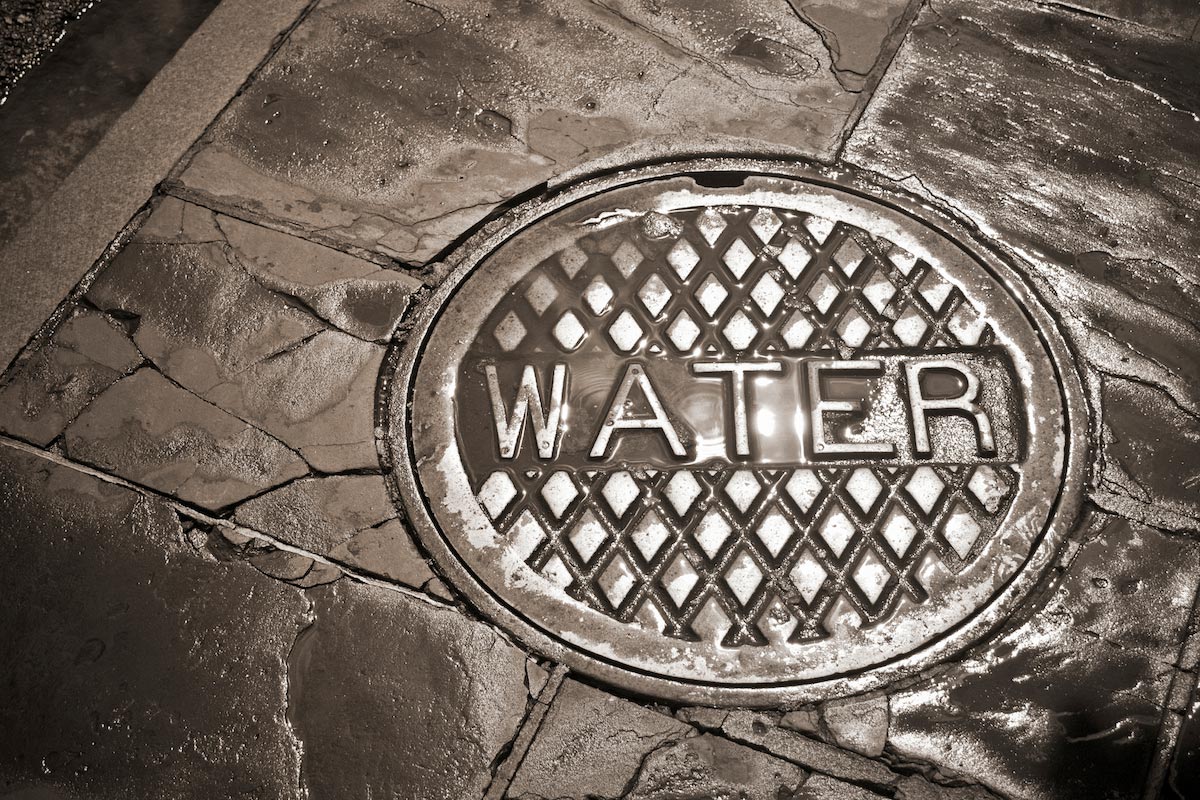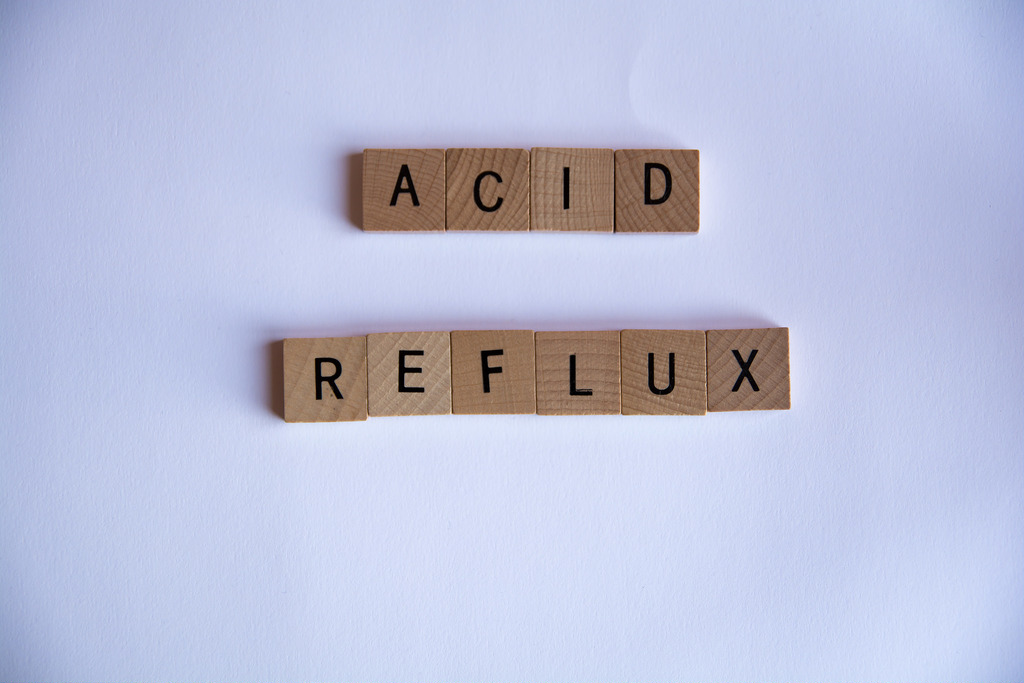Breast cancer risk skyrockets when you gain weight
01/17/2019 / By Zoey Sky

Losing weight doesn’t just make you look and feel good. It can significantly improve your overall health, and according to a study, it might even lower the cancer risk of postmenopausal women.
The study was published in CANCER, the American Cancer Society’s (ACS) peer-reviewed journal.
The link between postmenopausal weight loss and breast cancer risk
Based on the study findings, which are related to the World Health Initiative Observational Study, women who manage their body weight have lower risk of getting breast cancer compared to those who don’t.
For the study, researchers from the City of Hope National Medical Center in Duarte, California, examined 61,335 postmenopausal women who took part in the World Health Initiative Observational Study. The female volunteers had no prior history of breast cancer and showed normal mammogram results.
The researchers also measured the women’s body height, weight, and BMI (body mass index) at the beginning of the study and years after it concluded.
The study monitored the postmenopausal women for an average of 11.4 years. Some of the women developed breast cancer, but the findings suggest that the participants who lost five percent of their body weight reduced their risk for aggressive breast cancer by at least 12 percent.
Meanwhile, the volunteers who gained at least five percent of their weight had an alarming 54 percent higher risk of very aggressive forms of breast cancer, such as triple negative breast cancer.
If you are diagnosed with triple negative breast cancer (TNBC), this means that the three most common types of receptors that fuel the majority of breast cancer growth – estrogen, progesterone, and the HER-2/neu gene – are absent from the cancer tumor. TNBC cells have tested negative for hormone epidermal growth factor receptor 2 (HER-2), estrogen receptors (ER), and progesterone receptors (PR).
The power of the elements: Discover Colloidal Silver Mouthwash with quality, natural ingredients like Sangre de Drago sap, black walnut hulls, menthol crystals and more. Zero artificial sweeteners, colors or alcohol. Learn more at the Health Ranger Store and help support this news site.
When the tumor cells lack the necessary receptors, common treatments (e.g., drugs and hormone therapy) that target estrogen, progesterone, and HER-2 are can’t treat TNBC. This type of breast cancer can be more aggressive, making it harder to treat. TNBC may also spread and recur.
The researchers posited that making an effort to lose weight postmenopause can offer various health benefits, and even losing just five percent of your body weight can help reduce breast cancer risk. (Related: Breast cancer cells controlled by lifestyle factors, plant nutrient combination and epigenetic changes.)
The team of scientists acknowledged that while the results were observational, data randomized clinical trials conducted by the Women’s Health Initiative Dietary Modification support the findings. This randomized clinical trial determined that a low-fat dietary pattern with a similar amount of weight loss was linked to improved breast cancer survival rates.
Tips to lose weight postmenopause
To lose weight postmenopause, start making lifestyle changes such as:
- Eating less sugar and white flour. White sugar and white flour are two of the main causes of insulin-level spikes. Reducing or eliminating foods that contain these two ingredients can promote weight loss after menopause and prevent fat storage near your abdomen.
- Eating more fruits and vegetables. According to a study, women who consumed more fruits and vegetables and fewer sugary foods and drinks lost more weight than women who didn’t make the same dietary changes.
- Eating more protein. As you age, your body requires more protein for various reasons, such as staving off hunger. Healthy protein sources include cheese, eggs, fish, meat, milk, poultry, and yogurt. Plant-based proteins include beans, nuts, peas, and soy.
Follow these tips to stay healthier and lower breast cancer risk.
Read more articles with tips on how to lower your breast cancer risk at Prevention.news.
Sources include:
Tagged Under: body weight, breast cancer, cancer risk, exercise, fitness, obesity, postmenopausal weight loss, postmenopausal women, postmenopause, weight gain, women's health



